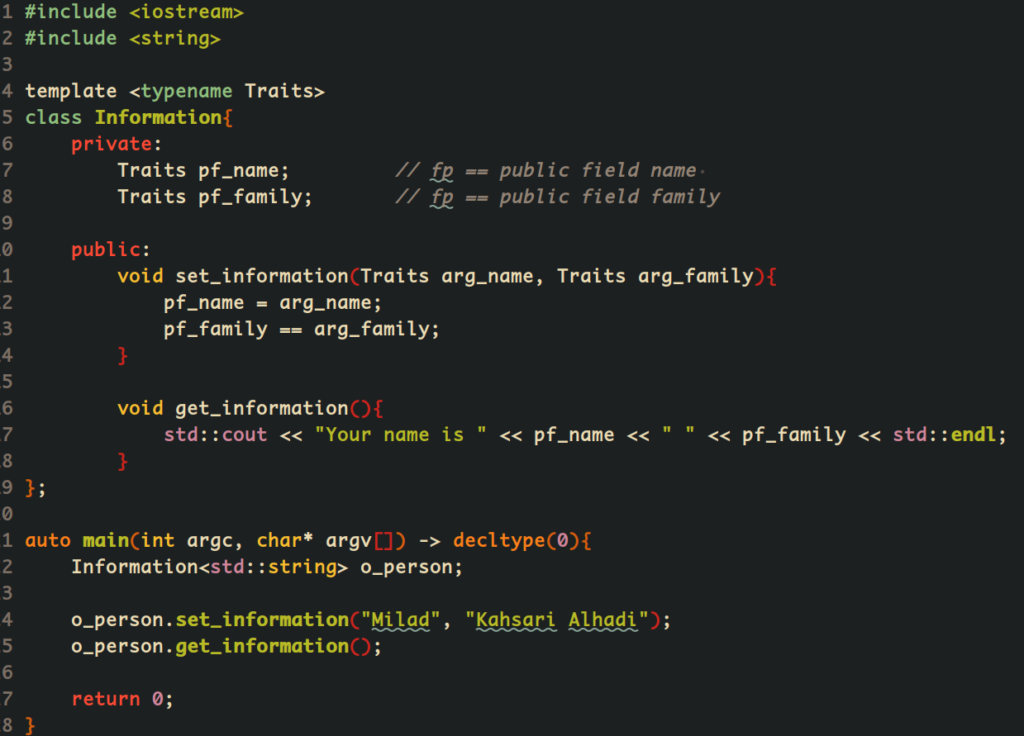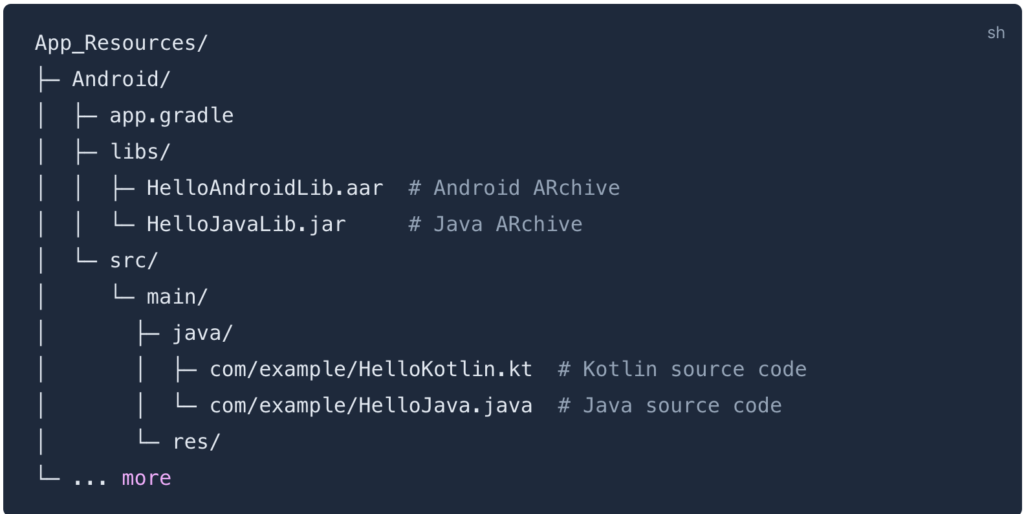With numerous options available, it’s crucial to select the one that best fits your requirements and preferences. In this comprehensive guide, we’ll delve into the top programming languages for game development, exploring their strengths, weaknesses, and suitability for various types of games.
Introduction to Game Development Languages
Before diving into specifics, let’s understand the key factors to consider when selecting a programming language for game development:
- Performance: Games demand high performance to deliver smooth gameplay experiences. The programming language should be capable of handling complex computations and rendering graphics efficiently;
- Flexibility: Different games have different requirements. The chosen language should offer flexibility in terms of game genre, platform compatibility, and scalability;
- Community Support: A robust community can provide invaluable resources, support, and third-party libraries/plugins, accelerating the development process;
- Learning Curve: For developers, the learning curve associated with a programming language is crucial. A language with extensive documentation, tutorials, and a supportive community can expedite the learning process.
Now, let’s explore some of the best programming languages for game development:
Top 5 Best Programming Languages for Game Development
Choosing the “best” programming language for game development depends on various factors such as the type of game, platform, team’s familiarity, performance requirements, and personal preferences. However, here are five programming languages commonly used in game development, considering their popularity, versatility, and suitability for different types of games:
1. C++

C++ stands out as one of the top choices for game development, particularly in the realm of AAA titles and high-performance games. Here’s why:
- Performance: C++ offers unparalleled performance, making it ideal for resource-intensive games that demand high frame rates and smooth gameplay experiences. Its ability to directly access hardware and efficiently manage memory allows developers to optimize their code for maximum performance;
- Versatility: C++ is a versatile language that can be used to develop games for various platforms, including PC, consoles, and even mobile devices. Its wide compatibility and support make it a preferred choice for developers aiming to reach a broad audience;
- Control: With C++, developers have full control over every aspect of their game, from low-level hardware interactions to high-level game logic. This level of control enables developers to fine-tune their games for optimal performance and customization;
- Established Ecosystem: C++ has a rich ecosystem of libraries, frameworks, and tools tailored specifically for game development. Popular game engines like Unreal Engine and CryEngine are built using C++, providing developers with powerful tools for creating immersive gaming experiences;
- Industry Standard: C++ has been a staple in the game development industry for decades and remains the language of choice for many AAA game studios. Its proven track record and widespread adoption make it a safe and reliable choice for ambitious game projects.
In summary, C++ is a powerhouse language that offers unmatched performance, versatility, control, and industry support, making it an excellent choice for developers looking to create cutting-edge games that push the boundaries of technology and immersion.
2. C#

C# has emerged as a dominant force in the game development landscape, particularly with the rise of game engines like Unity. Here are some key reasons why C# is considered one of the best programming languages for game development:
- Accessibility: C# is renowned for its simplicity and ease of use, making it an attractive option for both beginners and experienced developers. Its clean syntax and intuitive structure streamline the development process, allowing developers to focus more on game design and less on technical complexities;
- Unity Engine Integration: C# is the primary scripting language used in Unity, one of the most popular game engines in the industry. This integration provides developers with a powerful and feature-rich environment for creating games across multiple platforms, including PC, consoles, mobile devices, and even augmented reality (AR) and virtual reality (VR) headsets;
- Rapid Development: C# excels in rapid prototyping and iteration, enabling developers to quickly turn their ideas into playable prototypes. Its dynamic nature and built-in features such as automatic memory management (garbage collection) streamline development workflows, allowing for faster iteration cycles and shorter time-to-market;
- Strong Community Support: C# benefits from a vibrant and active community of developers, enthusiasts, and industry professionals. This community-driven ecosystem provides invaluable resources, support forums, tutorials, and third-party libraries/plugins, empowering developers to overcome challenges and accelerate their learning and development processes;
- Cross-Platform Compatibility: While historically associated with Windows development, C# has expanded its reach to other platforms, thanks in part to the Unity engine’s cross-platform capabilities. With Unity’s robust deployment options, developers can target a wide range of platforms, including Windows, macOS, Linux, iOS, Android, WebGL, and more, using a single codebase written in C#.
In summary, C# offers accessibility, integration with powerful game engines like Unity, rapid development capabilities, strong community support, and cross-platform compatibility, making it an excellent choice for game developers of all skill levels looking to create immersive and engaging gaming experiences.
3. Java

Java is a versatile and widely-used programming language that has found significant traction in the realm of game development, particularly in the mobile gaming sector. Here are several reasons why Java is considered one of the best programming languages for game development:
- Portability: Java’s “write once, run anywhere” mantra makes it highly portable across different platforms. This makes it an excellent choice for developing games that target multiple devices, especially mobile platforms like Android, which heavily rely on Java for app development;
- Extensive Libraries: Java boasts a rich ecosystem of libraries and frameworks that cater to various aspects of game development. Libraries like LibGDX provide powerful tools for building cross-platform games with high performance and rich graphics, while frameworks like LWJGL offer low-level access to OpenGL for more advanced graphics rendering;
- Community Support: Java benefits from a large and active community of developers who contribute to its growth and development. This community-driven ecosystem provides ample resources, tutorials, forums, and third-party tools that can help game developers overcome challenges and accelerate their development process;
- Object-Oriented Paradigm: Java’s object-oriented programming (OOP) paradigm promotes modular and reusable code, making it easier to manage complex game projects. This allows developers to create well-structured and maintainable codebases, which is essential for large-scale game development endeavors;
- Integration with Android: With the majority of mobile devices running on the Android operating system, Java’s seamless integration with Android development tools and APIs makes it a natural choice for mobile game development. Developers can leverage Java’s familiarity and Android’s extensive ecosystem to create compelling gaming experiences for millions of users worldwide.
In summary, Java’s portability, extensive libraries, strong community support, object-oriented nature, and integration with Android make it a versatile and powerful programming language for game development, particularly in the rapidly-growing mobile gaming market. Whether you’re a beginner or an experienced developer, Java offers the tools and resources needed to create engaging and successful games across a variety of platforms.
4. Python

Python has gained significant popularity in the game development community, thanks to its simplicity, versatility, and extensive library support. Here are several reasons why Python is considered one of the best programming languages for game development:
- Simplicity and Readability: Python’s clean and concise syntax makes it easy to learn and understand, even for beginners. Its readability promotes quick prototyping and iteration, allowing developers to focus more on game design and logic rather than wrestling with complex syntax;
- Rapid Development: Python’s dynamic nature and high-level abstractions accelerate the development process, enabling developers to build games more quickly than with traditional languages. This makes Python ideal for prototyping, experimenting with new ideas, and creating small to medium-sized games with shorter development cycles;
- Rich Ecosystem of Libraries: Python boasts a vast ecosystem of libraries and frameworks tailored for game development. Libraries like Pygame provide tools for creating 2D games with ease, while frameworks like Panda3D and Pyglet offer more advanced features for 3D game development. Additionally, Python’s compatibility with popular game engines like Unity and Unreal Engine via scripting interfaces further expands its capabilities;
- Cross-Platform Compatibility: Python’s cross-platform nature allows developers to create games that run seamlessly on various operating systems, including Windows, macOS, and Linux. This versatility simplifies the deployment process and ensures that games can reach a wider audience without requiring extensive platform-specific modifications;
- Community Support: Python benefits from a large and active community of developers who contribute to its growth and development. This vibrant community provides ample resources, tutorials, forums, and third-party tools that can help game developers overcome challenges, learn new techniques, and collaborate on projects.
In summary, Python’s simplicity, rapid development capabilities, rich ecosystem of libraries, cross-platform compatibility, and strong community support make it an excellent choice for game development, particularly for indie developers, small studios, and those looking to experiment with new ideas and concepts. Whether you’re creating 2D or 3D games, Python offers the flexibility and tools needed to bring your vision to life.
5. JavaScript

JavaScript has emerged as a powerful language for game development, particularly in the realm of browser-based and indie game creation. Here’s why JavaScript is considered one of the best programming languages for game development:
- Web Compatibility: JavaScript is the primary language for web development, making it a natural choice for creating browser-based games that can be played directly within web browsers without the need for additional plugins or installations. This inherent compatibility ensures that games can reach a wide audience across different devices and platforms;
- Rich Ecosystem of Frameworks and Libraries: JavaScript boasts a vast ecosystem of game development frameworks and libraries that simplify the process of creating games. Frameworks like Phaser.js and Three.js provide powerful tools for building both 2D and 3D games with features such as physics simulations, animations, and audio effects, significantly reducing development time and effort;
- Cross-Platform Deployment: Thanks to its web compatibility, JavaScript games can be easily deployed across various platforms, including desktops, laptops, tablets, and smartphones, without requiring platform-specific adaptations. This cross-platform compatibility ensures that games are accessible to a broad audience, regardless of their device or operating system;
- Rapid Prototyping and Iteration: JavaScript’s dynamic nature and flexible syntax enable rapid prototyping and iteration, allowing developers to quickly experiment with ideas, tweak gameplay mechanics, and iterate on game designs. This agility is particularly beneficial for indie developers and small teams working on tight schedules or limited budgets;
- Active Community Support: JavaScript benefits from a large and active community of developers who contribute to its ecosystem through open-source projects, tutorials, forums, and online communities. This vibrant community provides invaluable resources, support, and collaboration opportunities for game developers, helping them overcome challenges and stay updated on the latest trends and techniques in game development.
In summary, JavaScript’s web compatibility, rich ecosystem of frameworks and libraries, cross-platform deployment capabilities, rapid prototyping and iteration features, and active community support make it an excellent choice for game development, especially for browser-based and indie game projects. Whether you’re a seasoned developer or a newcomer to game development, JavaScript offers the tools and resources needed to create engaging and immersive gaming experiences.
Conclusion
Selecting the best programming language for game development depends on various factors, including project requirements, developer expertise, and target platforms. While each language has its strengths and weaknesses, choosing the right one can significantly impact the success of your game.
Whether you opt for the performance of C++, the accessibility of C#, the portability of Java, the versatility of Python, or the web compatibility of JavaScript, mastering the chosen language is key to unlocking your game development potential. So, explore, experiment, and embark on your journey to create the next gaming masterpiece!
